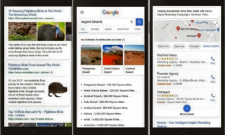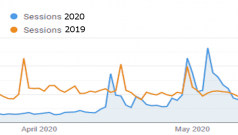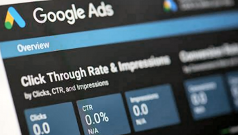Google claims FloC 95% effective as cookies
In a Chromium Bog post on Monday Google reported that in early tests its Federated Learning of Cohorts (FloC) algorithm "shows that new privacy-enhancing ad solutions can be similarly effective to cookie-based approaches" and that this is "great news for users, publishers and advertisers."
Google had said earlier that it plans to phase out support for third-party cookies in Chrome "within the next two years".
Google has also claimed this week that with interest-based advertising using FloCs, advertisers can expect to see approximately 95% of the conversions per dollar spent compared to cookie-based ads.
Using machine learning, Google creates FloC cohorts - groups of individuals having a measurable dimension in common - based on commonality of browsing behavior. You can see here a detailed Google white paper by Google Group Product Manager/User Trust and Privacy Chetna Bindra explaining FloCs in more detail.
However: a coalition of UK marketers has complained to that country's Competition and Marketing Authority that by ending support for third-party cookies Google is abusing its dominant position in online advertising.
Also some publishers have close enough customer relationships to be able to gather first-party data that can be used in ad targeting. But many do not, and without cookies will be left without a means of targeting.
And user-privacy advocates argue that FloCs discriminate against users by grouping them others without opt-in, and could lead to dissemination of users' personal information.
Google says it plans to make some FloC cohorts available for public developer trials in March, and to begin testing them with Google Ads advertisers in 2Q2021.
Can't wait to try this out!
Stand by for updates.

 - David
- David








Comments on Google claims tests show FloC-based ad solutions can produce results 'similarly effective' to those from cookies